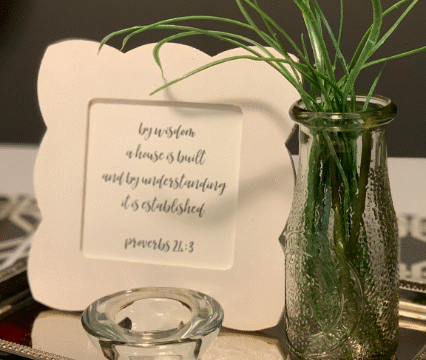Studying can be challenging, especially when distractions interfere with concentration. Many students turn to music as a way to create a calm and focused atmosphere. When chosen and used wisely, music can enhance focus, improve mood, and increase productivity. This article explores how music can be a helpful study companion, what types of music work best, and tips for using music effectively while studying.
How Music Affects Study Focus
Music has a unique ability to influence our brain activity. It can stimulate areas involved in attention and memory, helping to create an environment conducive to learning. For some, music acts as a background shield that blocks out distracting noises, while for others, it helps reduce feelings of anxiety that often arise during study sessions. Listening to music can improve motivation, especially during long or repetitive tasks.
However, the impact of music on studying varies from person to person. Understanding how it affects you personally will help you decide when and what type of music to listen to while studying.
Choosing the Right Music for Studying
The type of music you select plays a significant role in how effectively it supports your focus. Here are some popular genres and styles that many find helpful:
-
Classical Music: Often called the “Mozart effect,” classical music is known for its soothing melodies and structured rhythms, which may enhance spatial-temporal reasoning and focus.
-
Instrumental Music: Music without lyrics is generally less distracting. Instrumental jazz, piano pieces, or ambient soundscapes allow the brain to concentrate without the interruption of words.
-
Lo-fi Music: Lo-fi beats have become increasingly popular for studying. This style offers a steady, relaxed beat with minimal changes, creating a peaceful and consistent background.
-
Nature Sounds: Sounds like rain, ocean waves, or forest ambiance can be calming and help create a peaceful environment ideal for concentration.
On the other hand, music with lyrics, especially songs you know well, can sometimes divide your attention, particularly when reading, writing, or learning new information.
Tips for Using Music to Enhance Study Sessions
Here are practical tips to get the most out of listening to music while studying:
-
Keep the Volume Moderate: Music should support your focus, not overpower it. A moderate volume level keeps it in the background without distracting.
-
Create or Find Study Playlists: Playlists made specifically for studying help avoid interruptions and maintain a consistent atmosphere.
-
Experiment with Different Types: Try different genres and tempos to see what suits your study style and the type of task.
-
Take Breaks from Music: Sometimes studying in silence can be effective. Switching between music and quiet time can keep your brain refreshed.
-
Match Music to Your Study Task: For creative or repetitive work, upbeat or rhythmic music may help. For deep reading or problem-solving, slower, instrumental music is often better.
When Music May Not Be Ideal
While music benefits many, it may not always be the best choice:
-
When learning complex or new concepts, silence can improve your ability to absorb and process information.
-
If you find music distracting or disruptive to your concentration, it’s perfectly fine to study without it.
-
Certain tasks that require heavy language processing, such as writing essays, might be better done in a quiet environment or with non-lyrical music.
Additional Considerations
Listening to music while studying is a personal experience. It’s important to listen to your body and mind and adjust your habits accordingly. Some students find that music helps them enter a state of “flow,” while others need complete silence to perform their best.
Maintaining a balance between music and silence can create a flexible and effective study routine. Using headphones can help you control your study environment better, especially in noisy or shared spaces.
Conclusion
Music can be a valuable tool to support concentration and create a positive study environment when used thoughtfully. Selecting the right type of music and volume level, experimenting with different styles, and understanding your own study needs will help you harness music’s power effectively.
By integrating music into your study routine mindfully, you can improve your focus, reduce stress, and make study sessions more enjoyable and productive. Remember, the best study environment is one that works for you, whether it includes music or silence.






